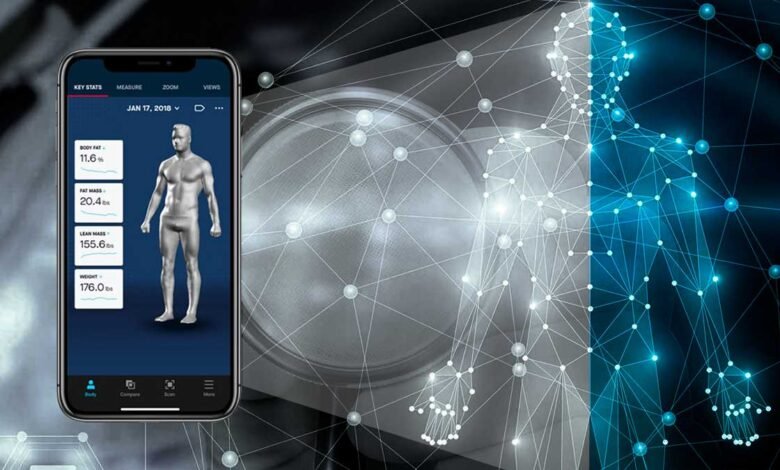AI in Healthcare: Revolutionizing Diagnosis, Treatment, and Care
AI in Healthcare

Artificial intelligence (AI) has the potential to completely transform the healthcare industry. From diagnosis to treatment to personalized care, AI-powered technologies are rapidly being adopted to improve patient outcomes.
Improving Diagnosis with AI
One of the biggest impacts of AI in healthcare is in medical diagnosis. AI systems can analyze medical images, patient data, and health records to identify diseases and abnormalities earlier and more accurately.
For example, AI imaging tools can detect cancer cells, tumors, and other issues by analyzing X-rays, MRIs, CT scans, and other medical images. By automating the analysis of scans, AI can help radiologists diagnose conditions faster and with less room for human error. AI also shows promise for predicting the risk of diseases like heart disease and stroke based on patient data.

Advancing Treatments with AI
In addition to diagnosis, AI is advancing how diseases are treated. AI systems can design highly personalized treatment plans tailored to each patient’s disease characteristics and needs.
In cancer care, AI can analyze the molecular makeup of a tumor to determine the most promising drug combinations and therapies. For surgery, AI-powered robotics enable greater precision, consistency, and access to minimally invasive procedures. AI is also being applied to create entirely novel drugs and treatment approaches.
Personalizing Patient Care with AI
Healthcare can also be improved by using AI to personalize care for each patient. Based on lifestyle, genetics, medical history and other factors, AI can provide customized recommendations to improve wellness and prevent disease.
AI chatbots and virtual assistants enable patients to get personalized guidance and support between appointments. Remote patient monitoring leverages AI to track health and watch for any needed interventions. Overall, the ability of AI systems to synthesize huge datasets is helping move healthcare toward predictive, preventative, and personalized care.
The application of AI across diagnosis, treatment, and care coordination promises to both improve outcomes and reduce costs for patients and health systems alike. While still in its early stages, AI aims to revolutionize how medical care is delivered.




